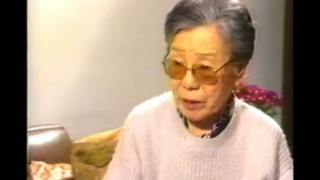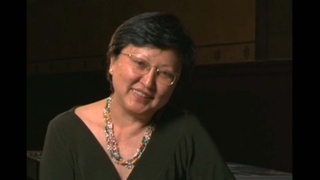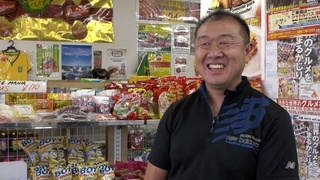Interviews
Closed Japanese community
Japanese people tend to be closed off, confined to the countryside, or rather, in the colonies, everyone is Japanese, speaking Japanese. And then, sports days and school performances are all in Japanese, for the Japanese. And, when you're in the countryside, it's hard to learn the language, and it's a different story for the second generation, but the first generation, when they have sports days or something, they all say things like "Banzai for the Emperor." And they bow facing east. I think that was very strange to Brazilians. So they thought the Japanese were closed off.
Another thing was that, in principle, marriages could only be between people of Japanese descent. Marriages with people of non-Japanese descent were extremely rare.
Date: September 19, 2019
Location: California, US
Interviewer: Yoko Nishimura
Contributed by: Watase Media Arts Center, Japanese American National Museum




